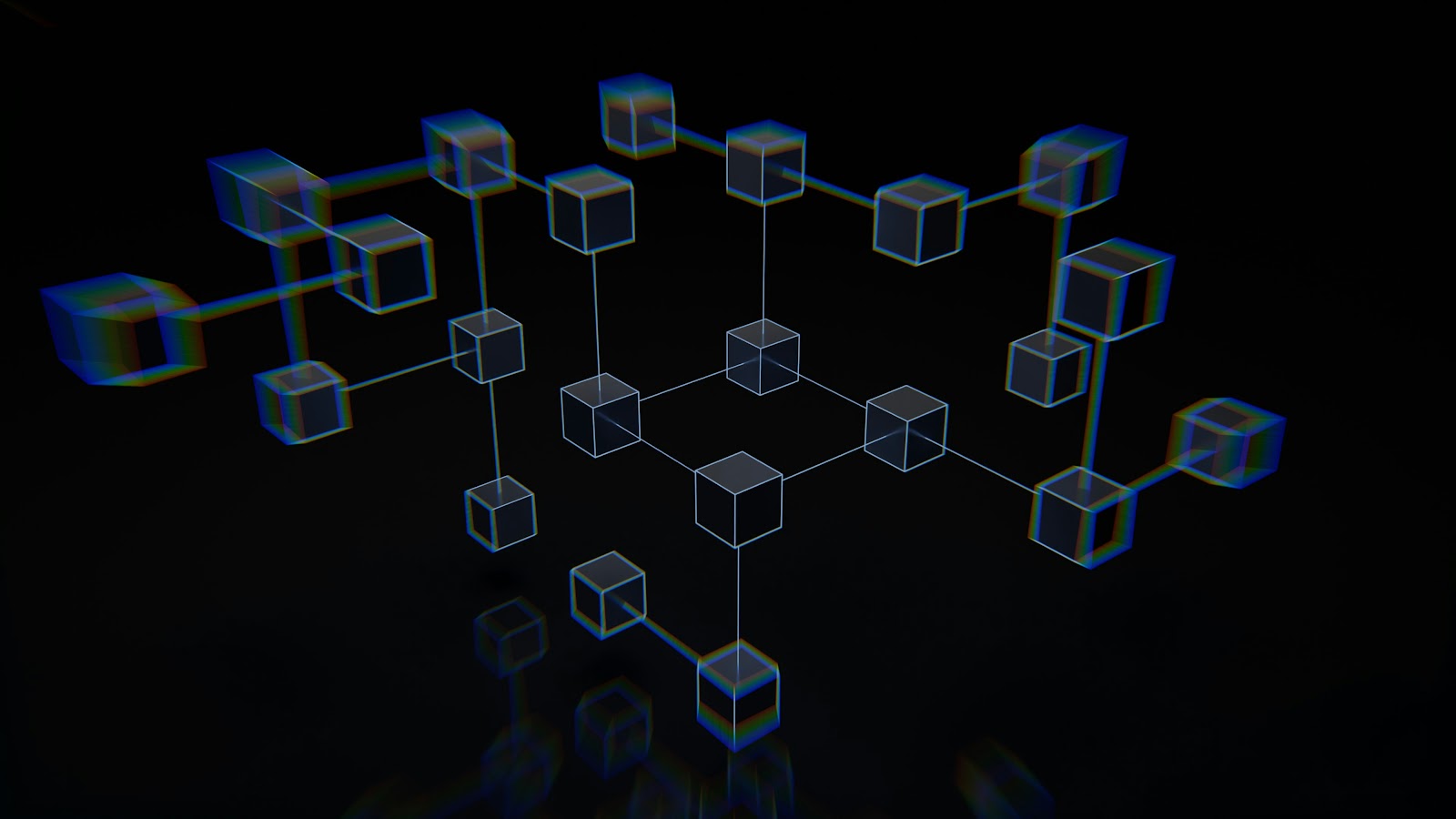The Rise of Blockchain Beyond Cryptocurrency
When most people hear “blockchain,” they immediately think of cryptocurrencies like Bitcoin and Ethereum. But blockchain technology is far more than just digital money. In 2025, blockchain is emerging as a powerful tool across multiple industries—from healthcare and finance to supply chains and digital identity. This article explores how blockchain is growing beyond its crypto origins and transforming the way the world works.
1. What Is Blockchain? (Quick Recap)
Blockchain is a decentralized digital ledger that records transactions across a network of computers. Key characteristics include:
-
Transparency: Everyone can see the records.
-
Immutability: Once data is added, it cannot be changed.
-
Decentralization: No single point of control or failure.
Originally developed to power Bitcoin, blockchain’s core features are now being used in ways that have nothing to do with cryptocurrency.
2. Blockchain in Supply Chain Management
Blockchain is revolutionizing supply chains by making them more transparent, traceable, and secure.
Use cases include:
-
Tracking the origin of food and goods (farm to table)
-
Verifying the authenticity of luxury goods or pharmaceuticals
-
Reducing fraud and counterfeiting
With blockchain, every step of a product’s journey can be recorded and verified, increasing trust between suppliers, retailers, and customers.
3. Blockchain in Healthcare
Healthcare is turning to blockchain for safer, more reliable data sharing.
Benefits include:
-
Secure storage of patient records
-
Real-time access across providers
-
Preventing data tampering and identity fraud
Patients can control their medical history through secure blockchain wallets, improving privacy and continuity of care.
4. Blockchain for Digital Identity
Traditional digital identities are easily stolen or manipulated. Blockchain allows for self-sovereign identity, giving users full control over their credentials.
Real-world uses:
-
Government-issued digital IDs
-
Education certificates and diplomas
-
Secure logins without passwords
With blockchain, identity can be verified instantly, reducing the risk of identity theft and fraud in both the public and private sectors.
5. Smart Contracts in Business
Smart contracts are self-executing agreements coded into a blockchain. When predefined conditions are met, the contract runs automatically.
Use cases include:
-
Automated insurance payouts
-
Real estate transactions without third parties
-
Decentralized applications (DApps)
This technology reduces costs, removes middlemen, and increases trust in business deals.
6. Decentralized Finance (DeFi)
While still related to finance, DeFi goes beyond traditional cryptocurrency trading. It offers decentralized banking services like:
-
Lending and borrowing
-
Earning interest through staking
-
Trading without centralized exchanges
All of this happens on public blockchains without banks or brokers. In 2025, DeFi is reshaping how people manage their money—especially in developing countries.
7. Blockchain in Voting and Governance
One of the most promising uses of blockchain is secure online voting.
Advantages:
-
Transparent vote recording
-
Preventing tampering and double voting
-
Faster and more trustworthy results
Some governments and organizations are already testing blockchain-powered voting systems for elections and board decisions.
8. Challenges to Overcome
Despite its potential, blockchain still faces obstacles:
-
Scalability: Handling millions of transactions efficiently
-
Regulation: Legal uncertainty in many regions
-
Energy consumption: Especially with older blockchains like Bitcoin
Newer blockchain protocols and technologies like Proof of Stake are addressing these issues, making the future more sustainable.
Conclusion
Blockchain is no longer just about cryptocurrency. Its core principles—security, decentralization, and transparency—are now being used to solve real-world problems across industries. From healthcare and identity to supply chains and governance, the rise of blockchain beyond crypto is just beginning. As adoption grows, blockchain may become as fundamental to the internet as the web browser or email.



